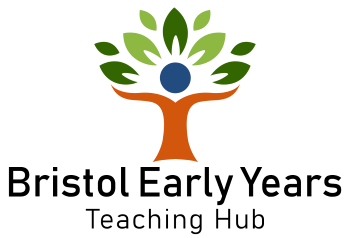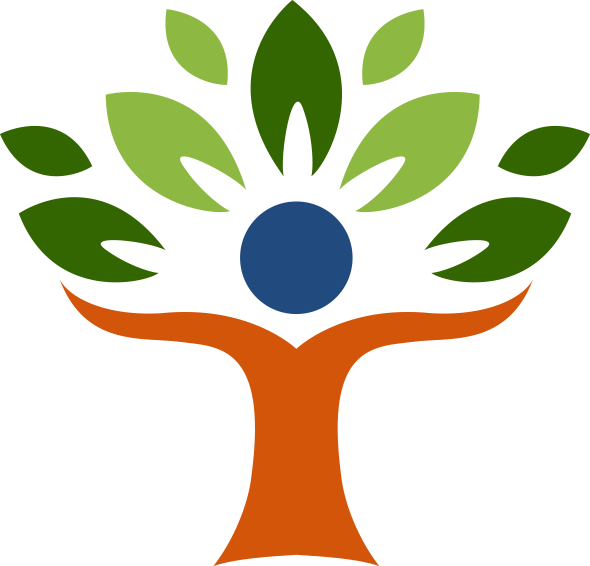New Early Years Nutrition Guidance – What You Need to Know by Jo Ingleby
This blog explores the updated Early Years Nutrition Guidance, the changes it brings, and why it matters now more than ever—particularly for children from disadvantaged backgrounds. With rising food insecurity and increased marketing of ultra-processed foods, the early years sector has a vital role to play in shaping healthy eating habits from the very start. Clearer guidance offers a much-needed opportunity to align practice across all settings and support families with consistent, realistic, and affordable messages around food. As nutrition becomes a statutory part of the EYFS safeguarding and welfare requirements from September 2025, this blog highlights how settings can respond, adapt, and lead the way.
Read More












